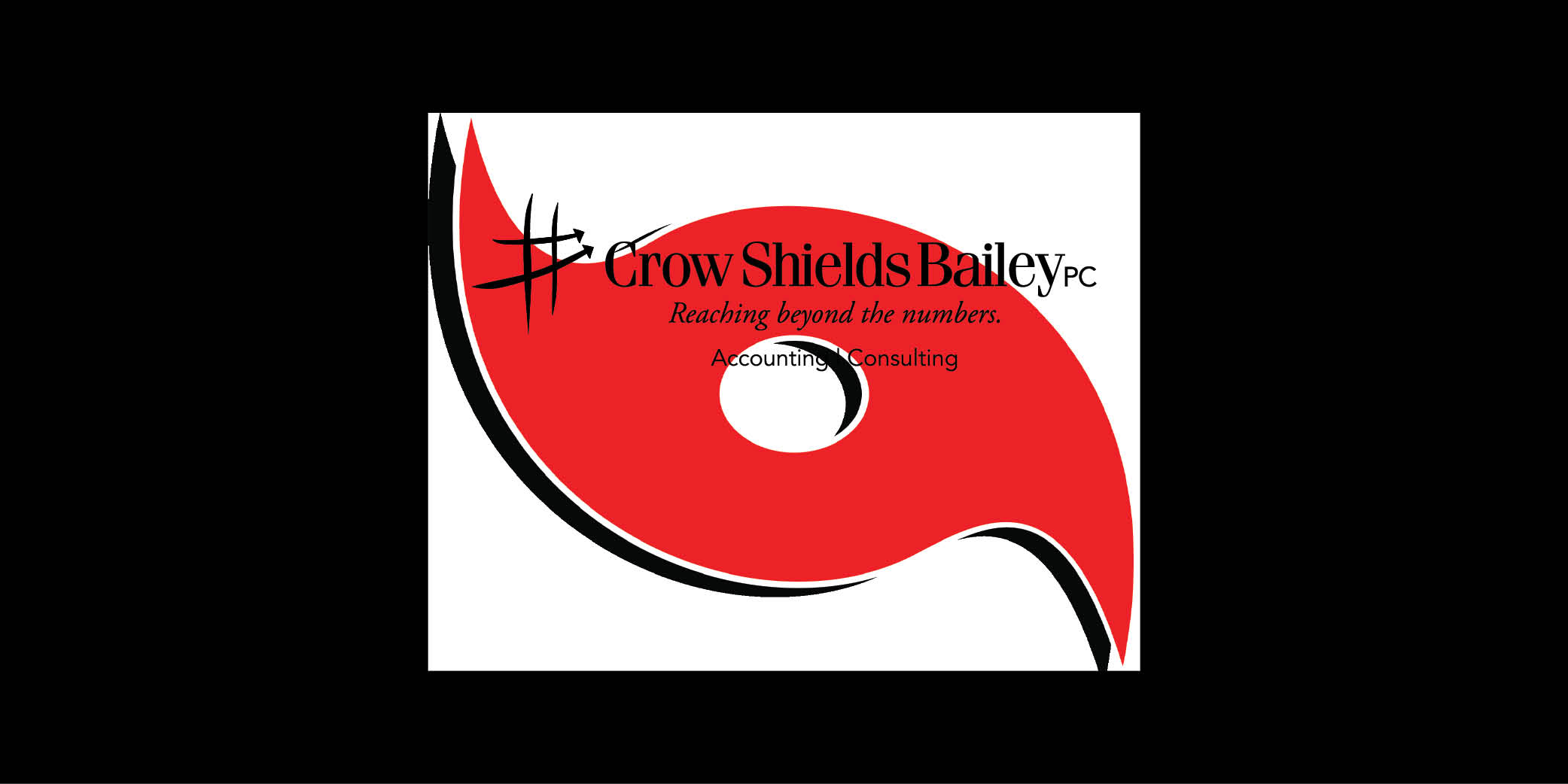AMERICAN RESCUE PLAN ACT OF 2021: CHILD TAX CREDIT
Under the American Rescue Plan Act (ARPA), the IRS will be releasing advance monthly child tax credit payments to eligible taxpayers in equal amounts starting July 15th. Following the first payment in July, the payments will go out on the 15th of each month through December of 2021.
Many taxpayers may want to unenroll using the link below if the amount of 2021 taxes owed are expected to be greater than the expected refund.
For taxpayers who are married filing jointly, each person must unenroll separately.
The payments will be as follows:
- Up to $300 per month per child under age 6, and
- Up to $250 per month per child ages 6-17.
For 2021, ARPA raised the child tax credit amount to up to $3,000 for each qualifying child between the ages of 6 and 17 at the end of the 2021 tax year, and $3,600 for each qualifying child under the age of 6 at the end of the 2021 tax year. ARPA also made the child tax credit for 2021 fully refundable if the taxpayer (or spouse, on a joint return) has a primary residence in the United States for more than half of the 2021 tax year.
For more detailed information and frequently asked questions about child tax credit payments, or to unenroll, visit the IRS Child Tax Credit Update Portal. Please call our office at 251-343-1012 if we can be of further assistance.


